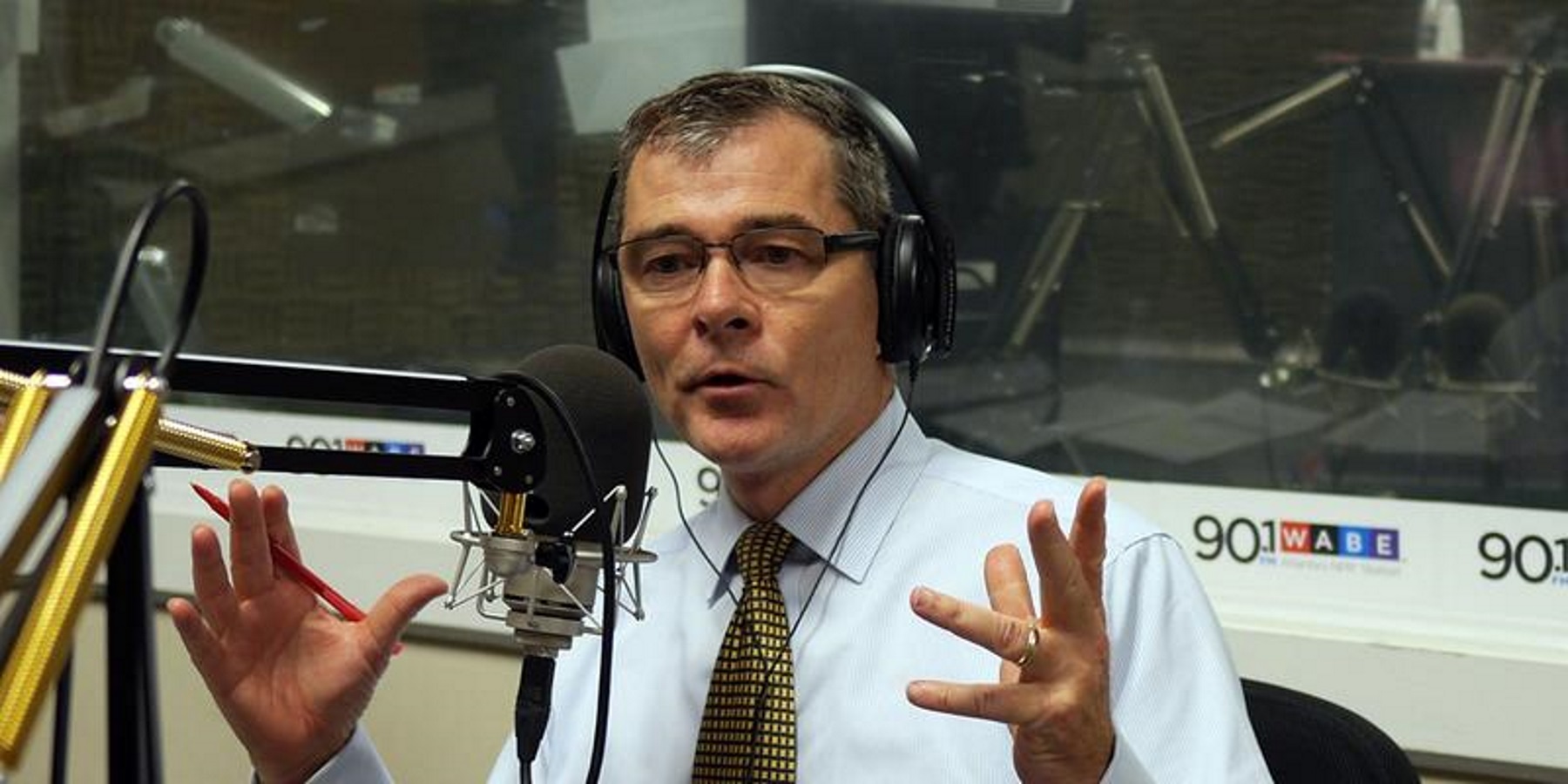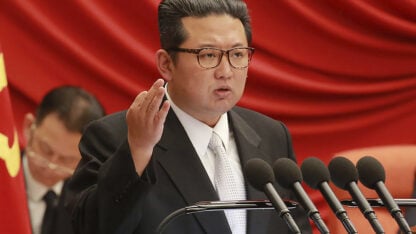A utility industry watchdog group claims that emails between Georgia Public Service Commissioner Tim Echols and Georgia Power suggest Echols is too “cozy” with the company that he regulates.
The Georgia PSC is a relatively obscure state agency, regulating natural gas, telecommunications and Georgia Power, but the decisions it makes have an impact on Georgians’ wallets.
The commission oversees Georgia Power’s progress on a nuclear expansion at Plant Vogtle. Georgia Power customers help pay for the project on their monthly bills.
On Dec. 21, 2017, the day the PSC voted to allow construction to continue at Plant Vogtle, Echols emailed Paul Bowers, the CEO of Georgia Power.
“Paul, not to get ahead of ourselves, but when we cut the ribbon for Unit 3, I want to see the President of the United States holding the scissors, and you and me on each side of him. Deal?” Echols wrote.
“Deal!!!” Bowers responded.
Echols and other commissioners have been public about their support for the nuclear expansion, but Daniel Tait, research and communications manager at the Energy and Policy Institute, said that he sees a difference “between being supportive of nuclear and sending emails and communications before, during and after big decisions celebrating that fact with [Georgia Power].”
The Energy and Policy Institute, a national nonprofit group that advocates for renewable energy, obtained the emails via records requests and shared them with WABE.
In another email exchange, Echols invited Swann Seiler from Georgia Power’s communications office to appear on a radio show with him.
“Can you come in and talk about raising dogs, the power grid and Georgia Powers (sic) community service?” Echols wrote in an email to her, also dated Dec. 21, 2017.
“It just seems a little too cozy,” said Tait.
Echols made the motion that led to the PSC’s December vote to keep construction going at Plant Vogtle. The motion did cut into Georgia Power’s return on equity for the project, but it also benefited the energy company, agreeing that a new cost and schedule – five years behind the initial deadline and billions of dollars over the initial budget – were reasonable.
Commissioner Echols did not respond to WABE’s multiple attempts to contact him.









